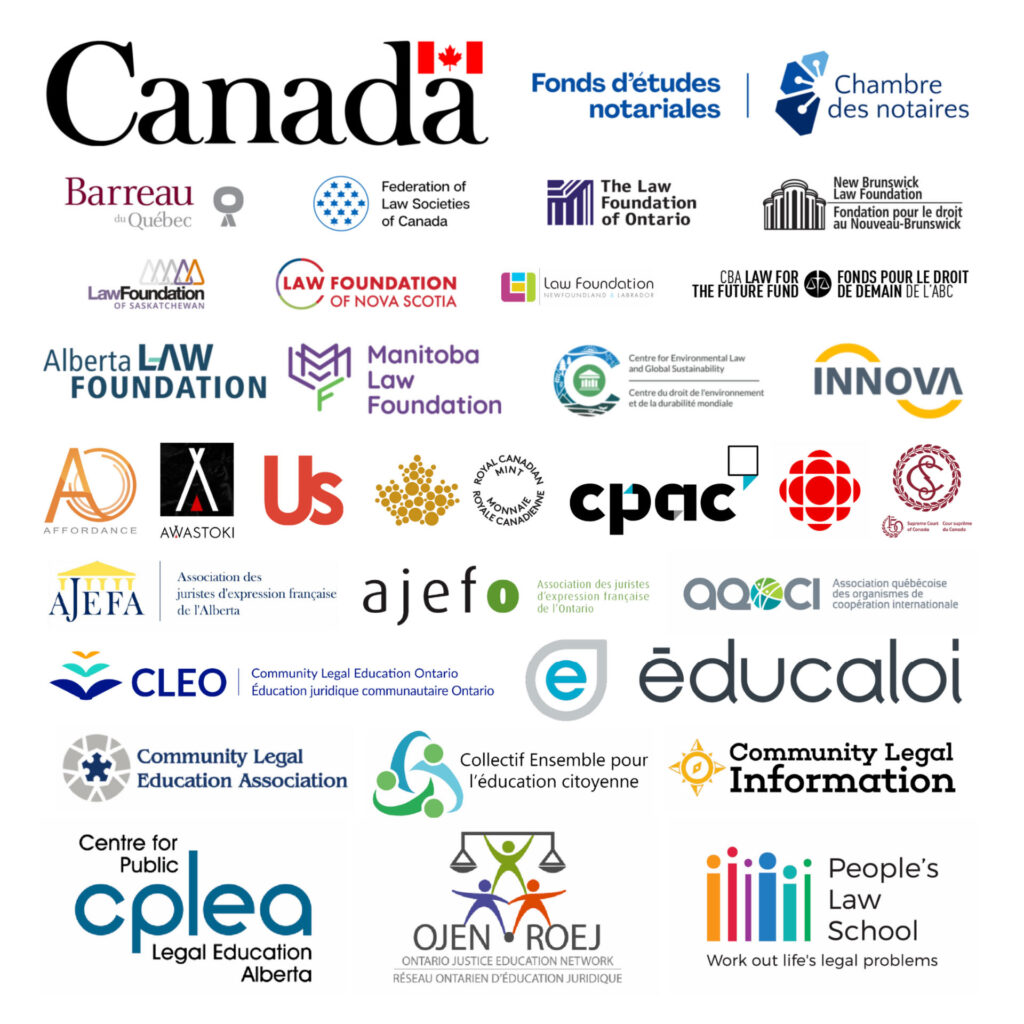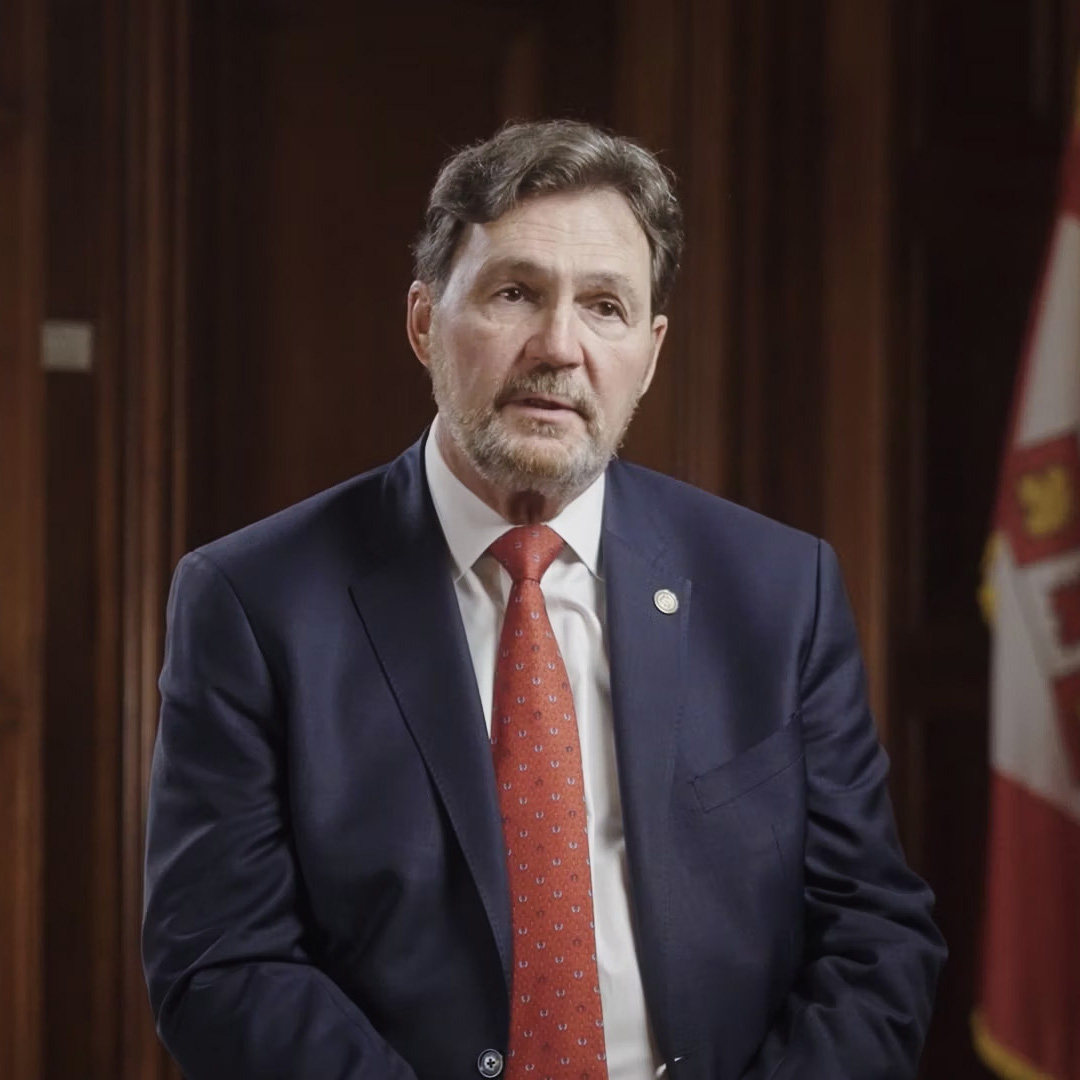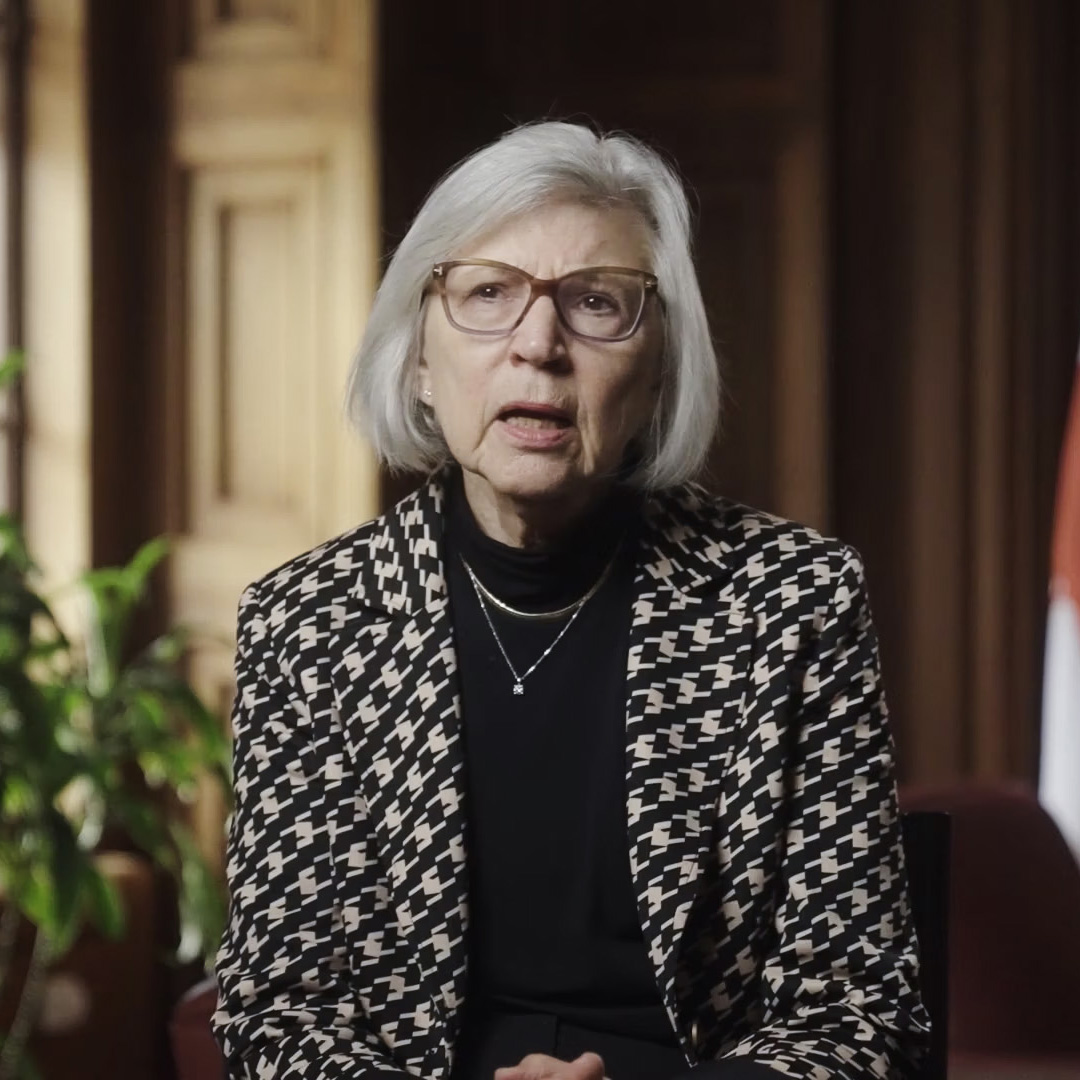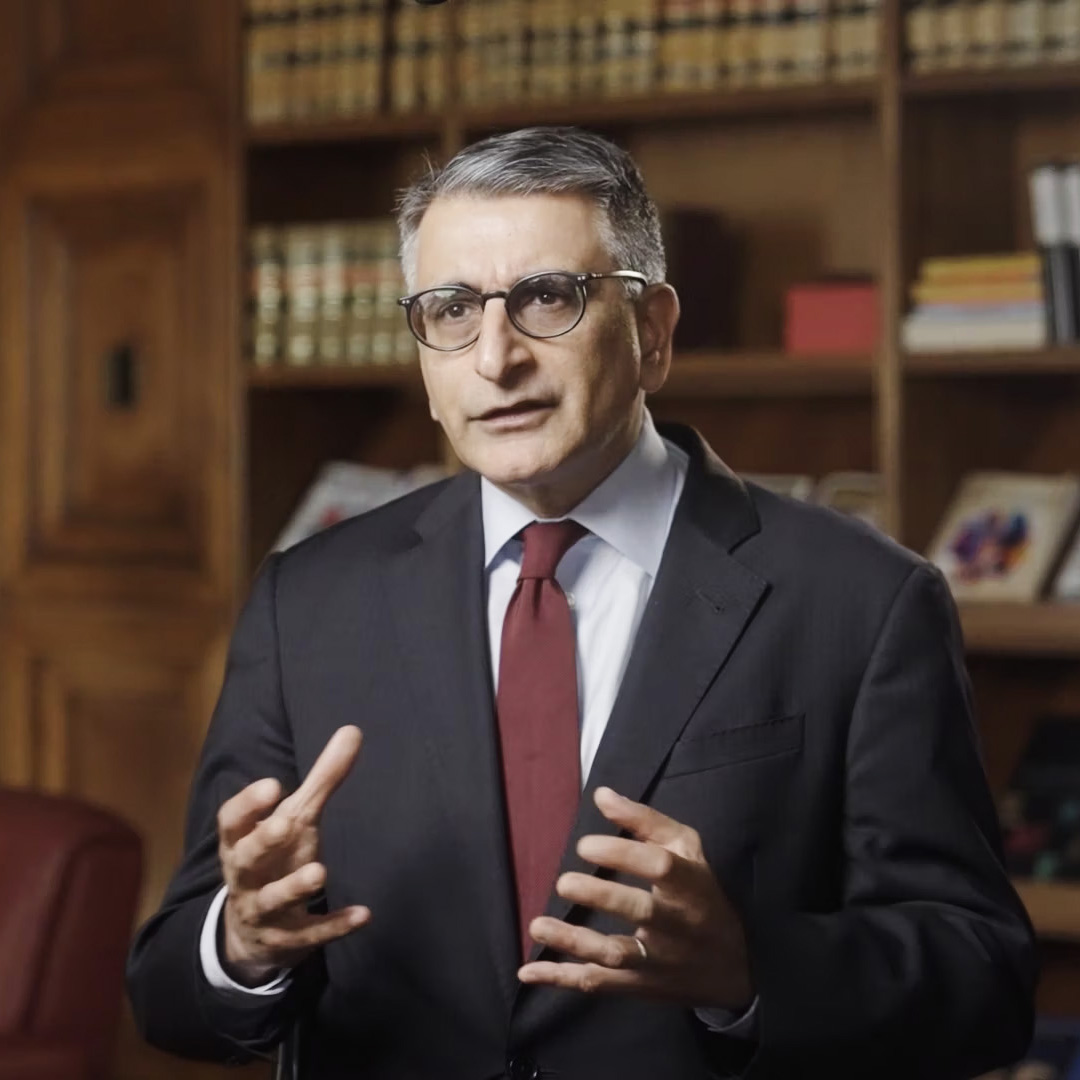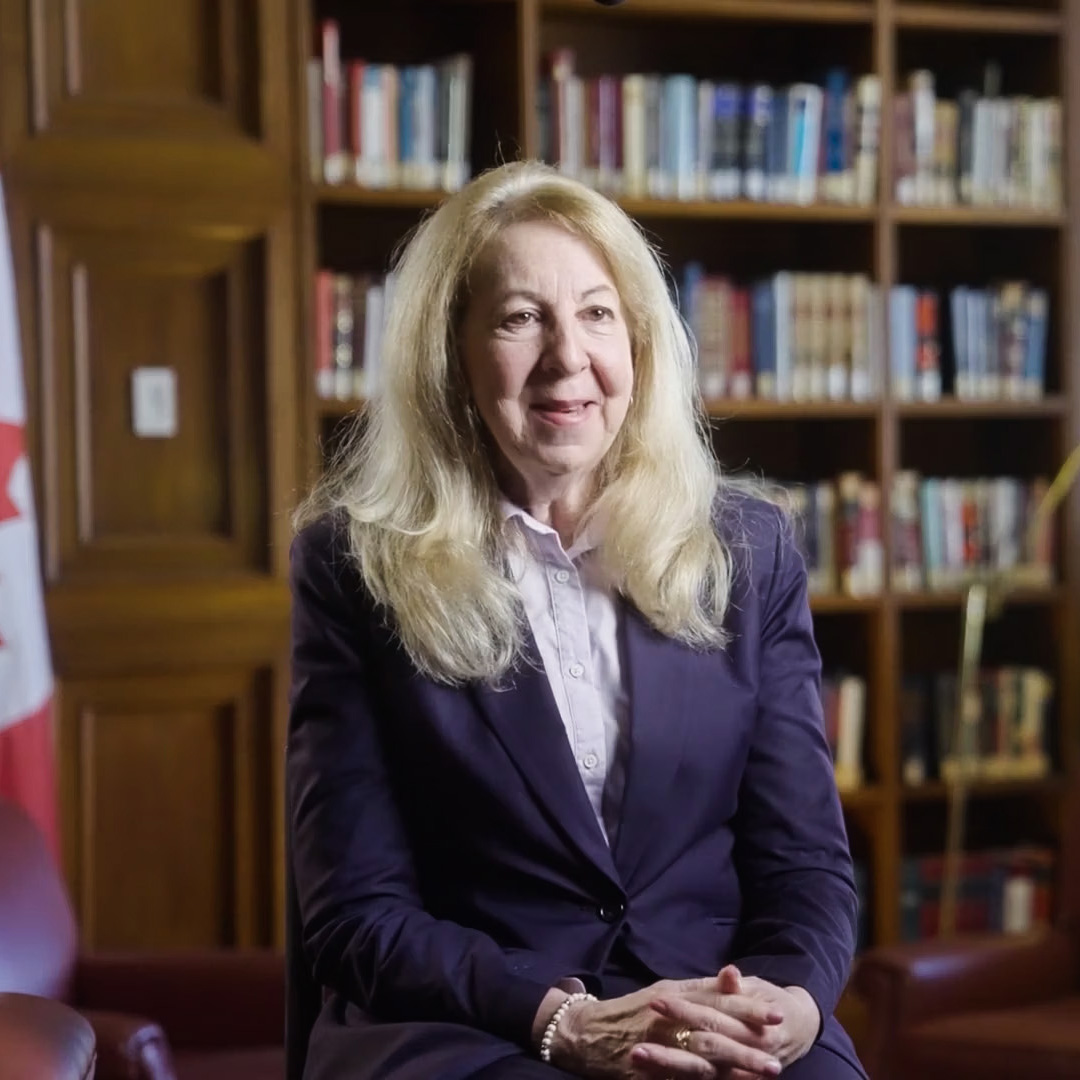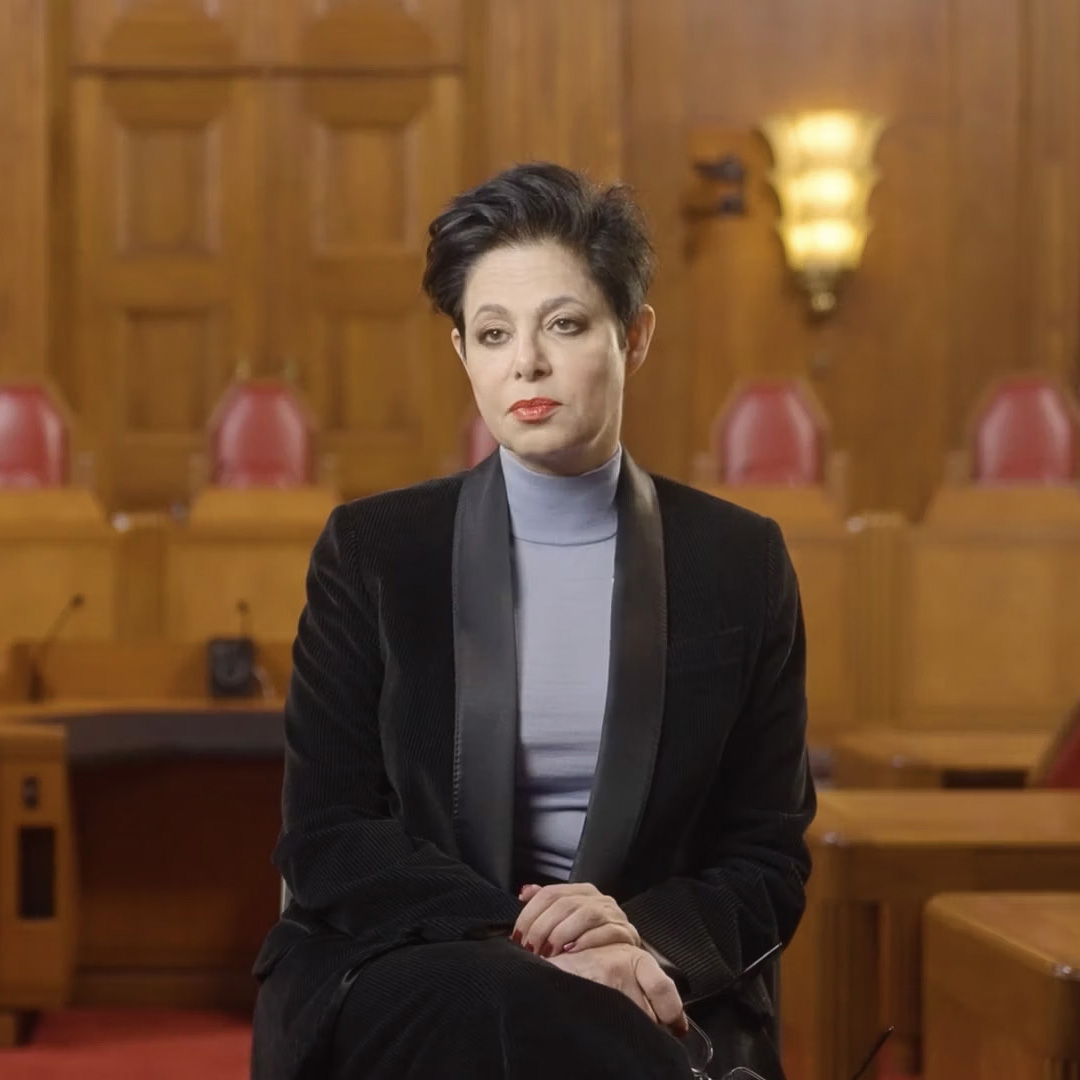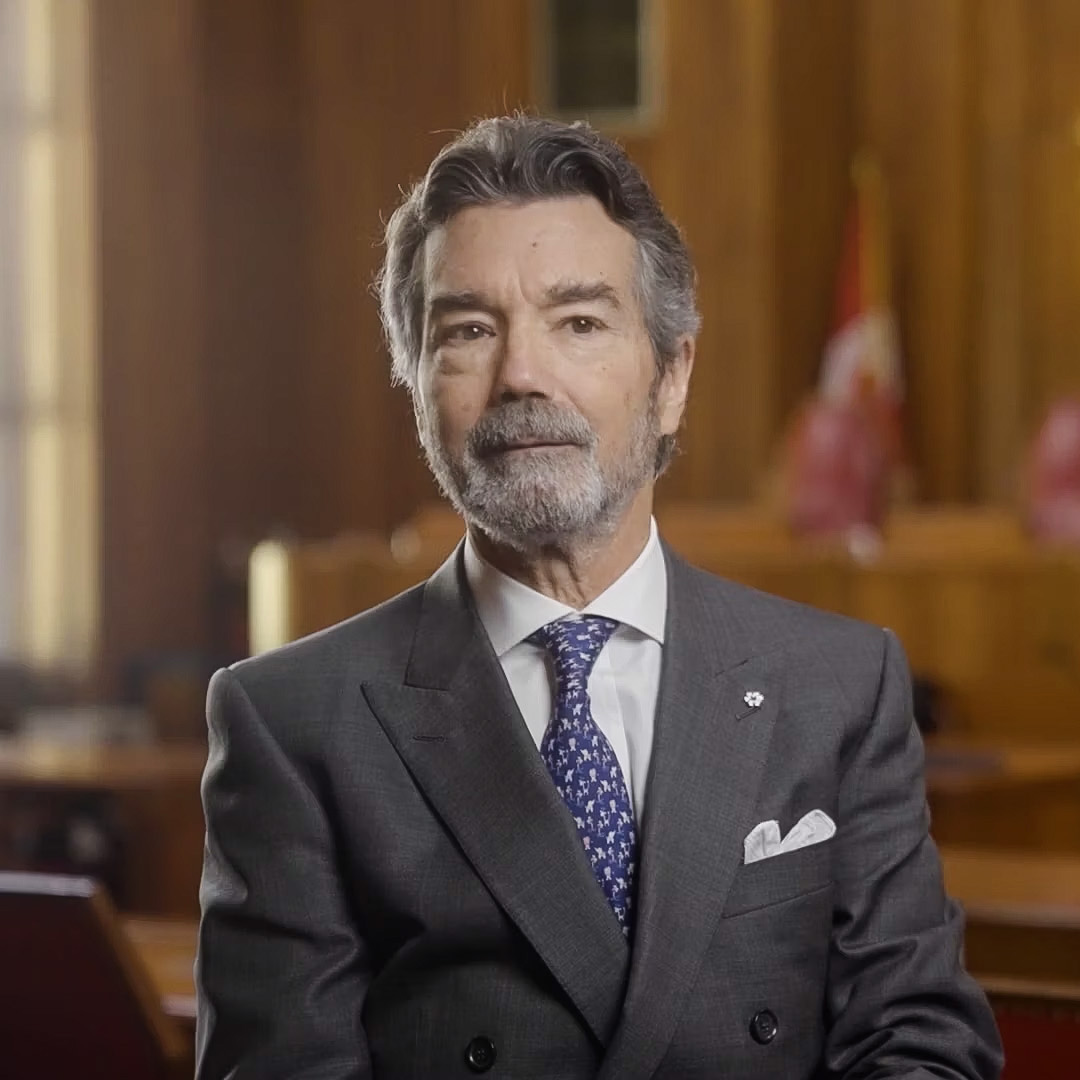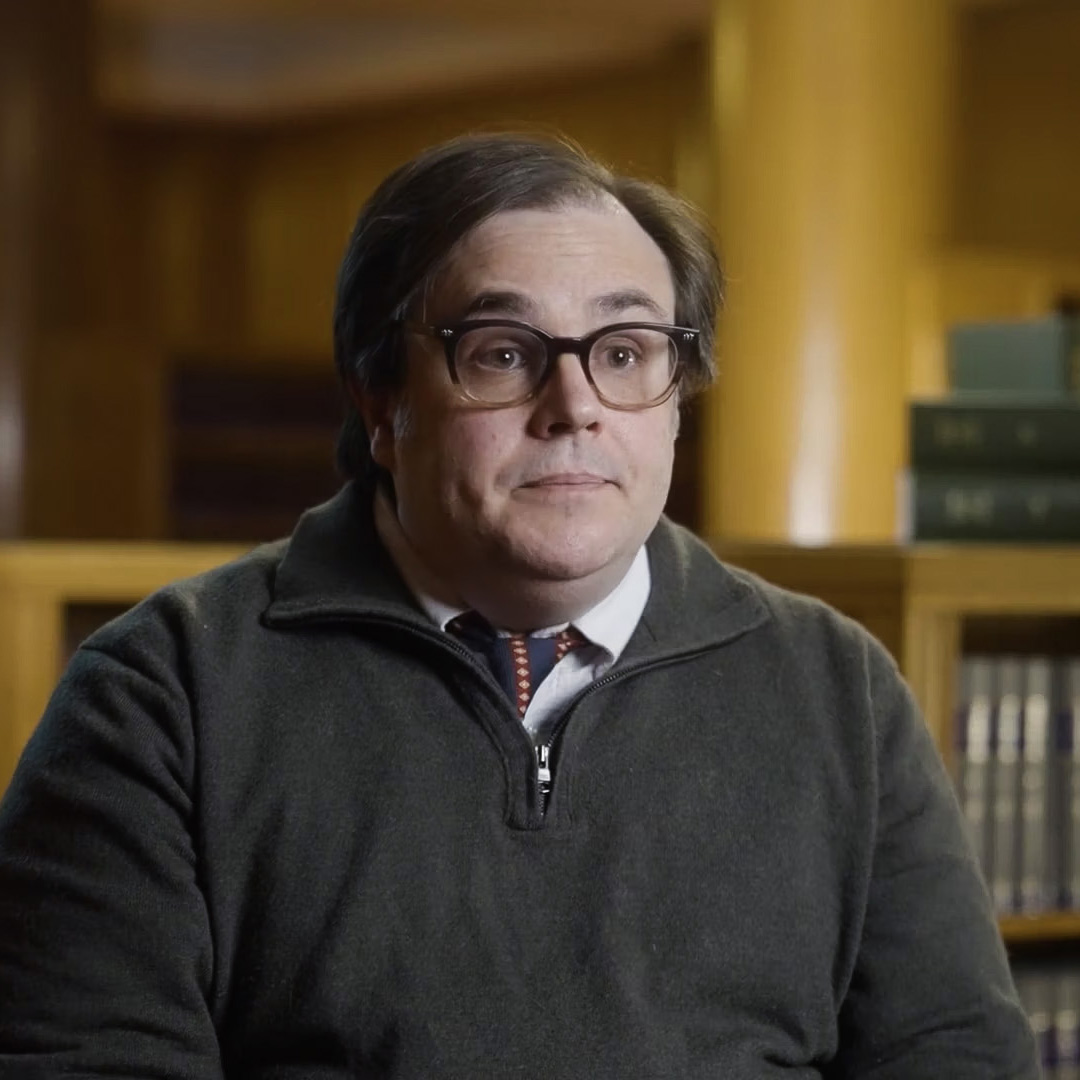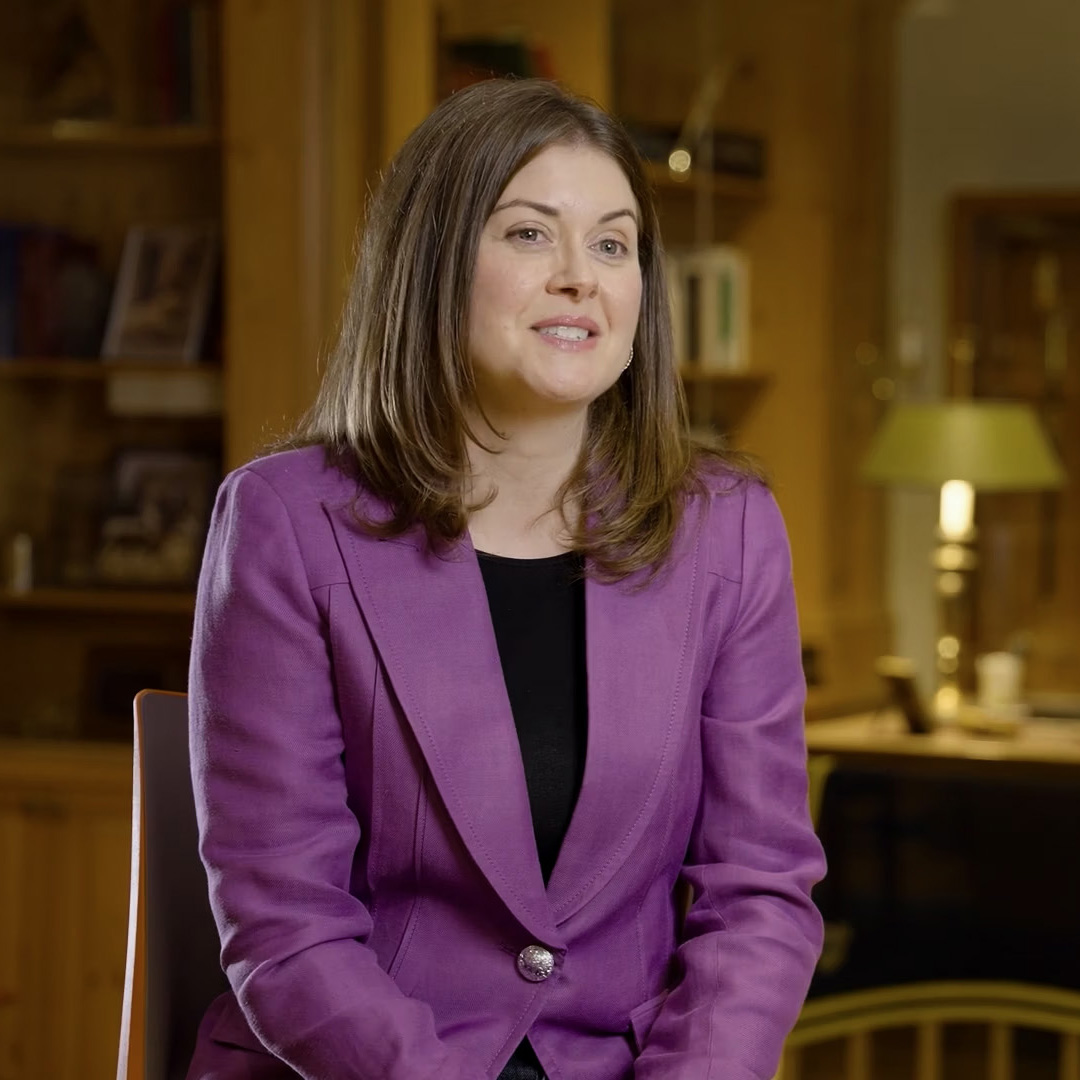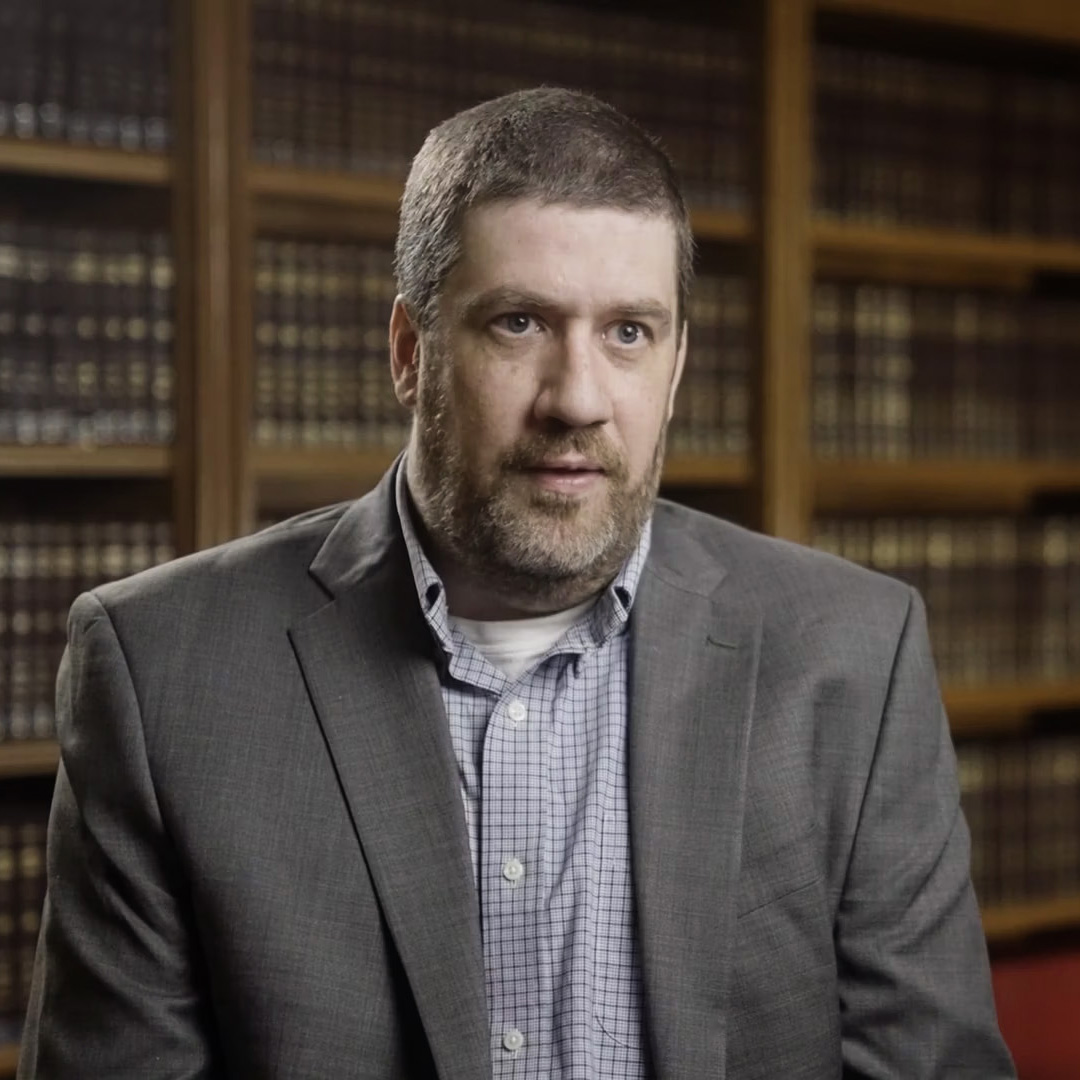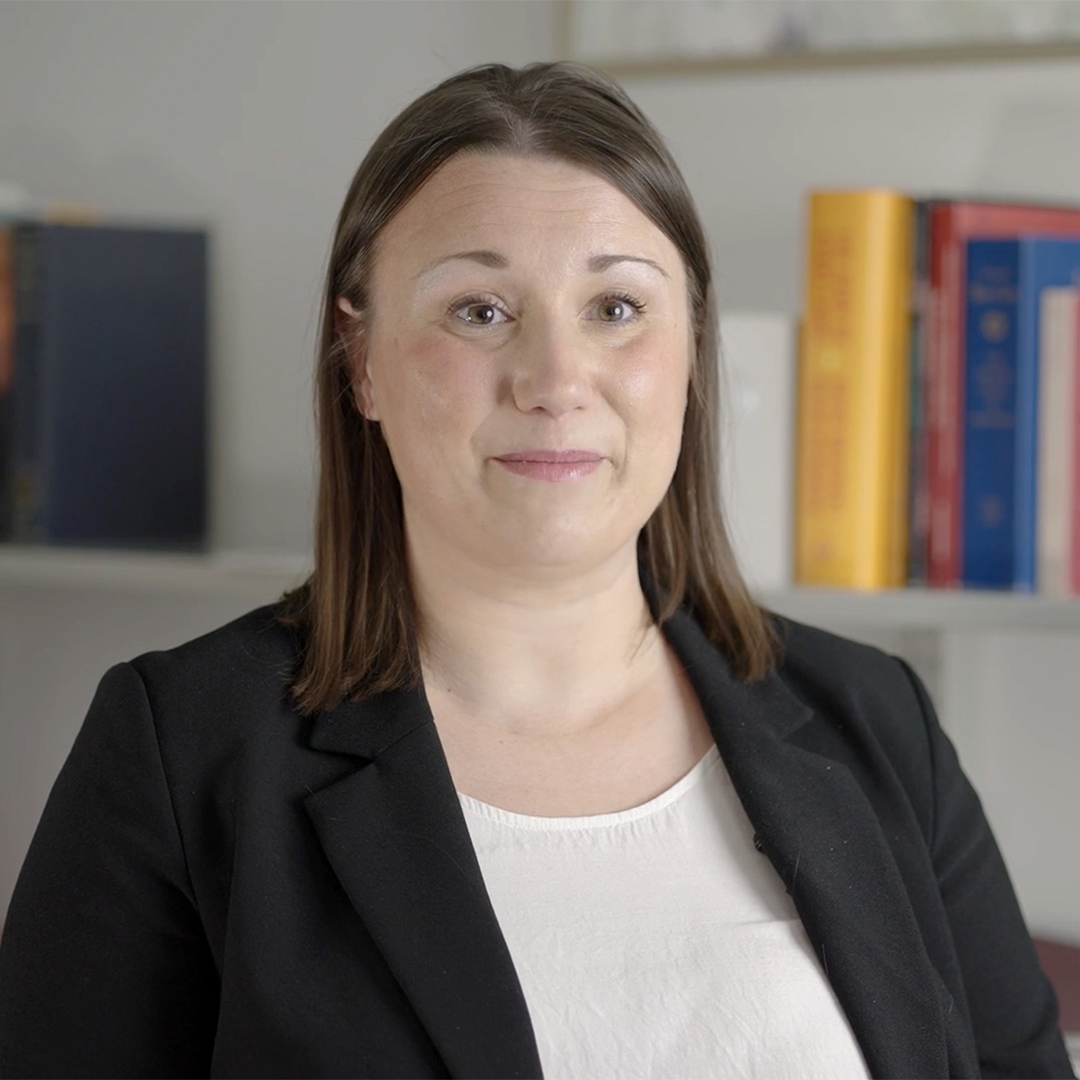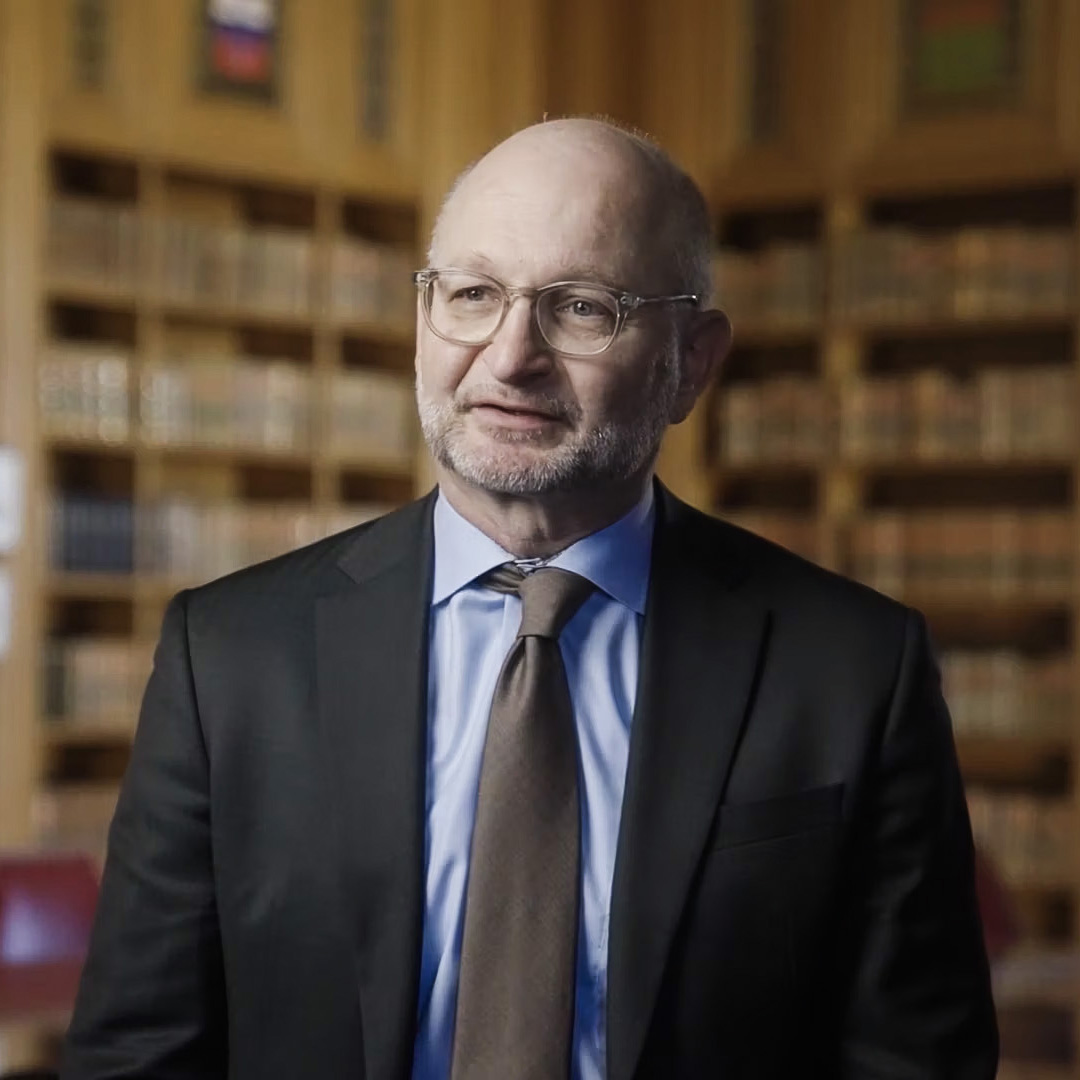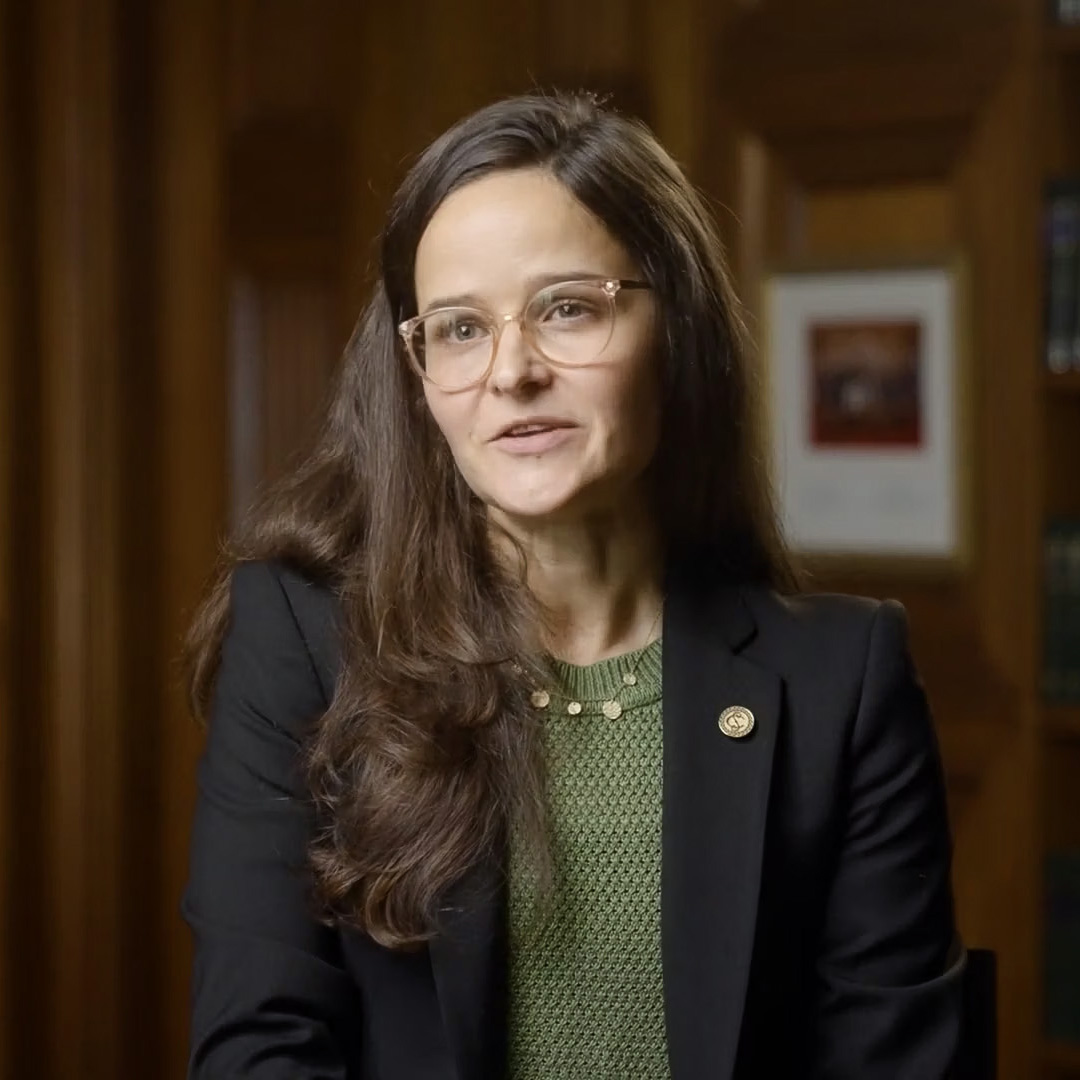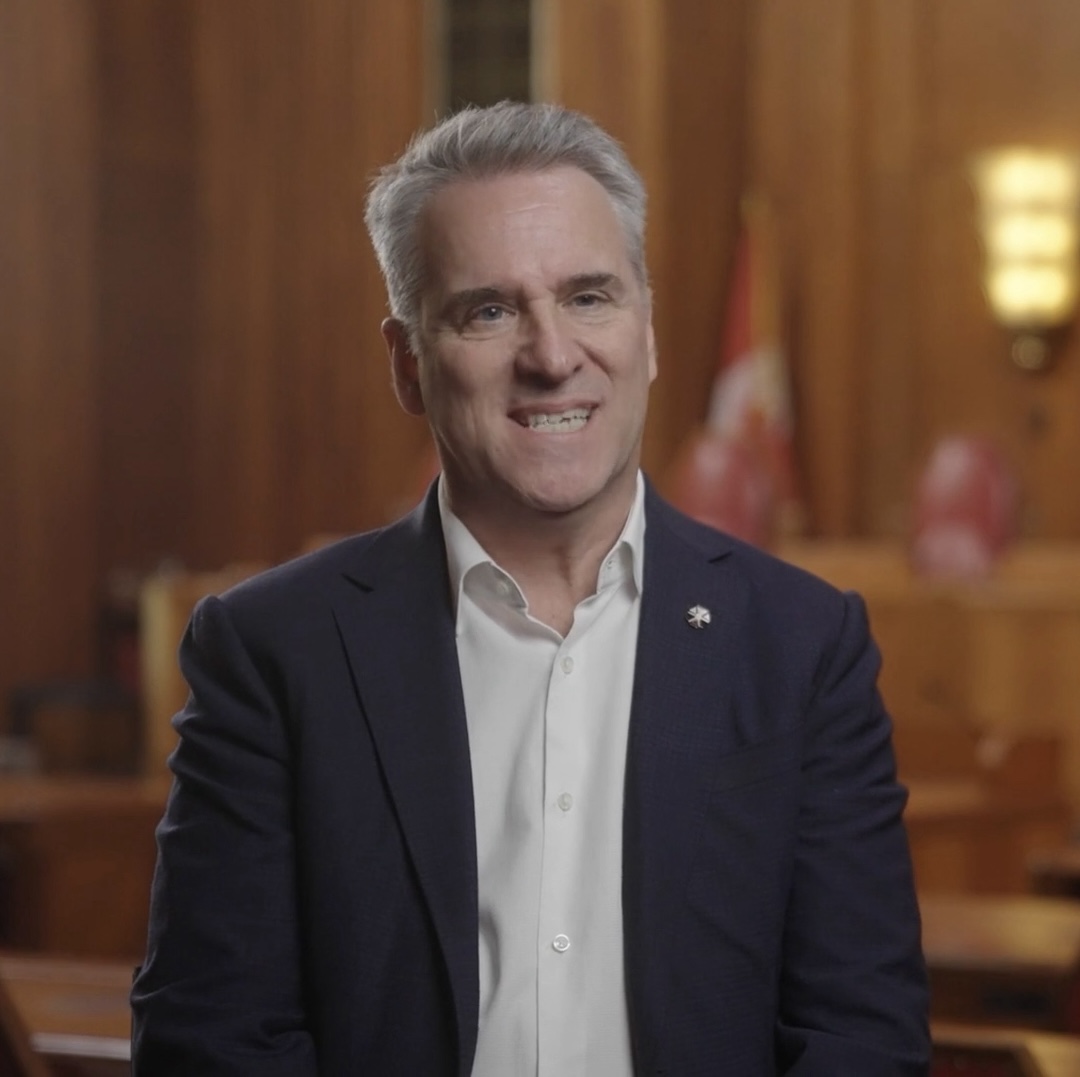A Docu-Course to Discover the Supreme Court of Canada
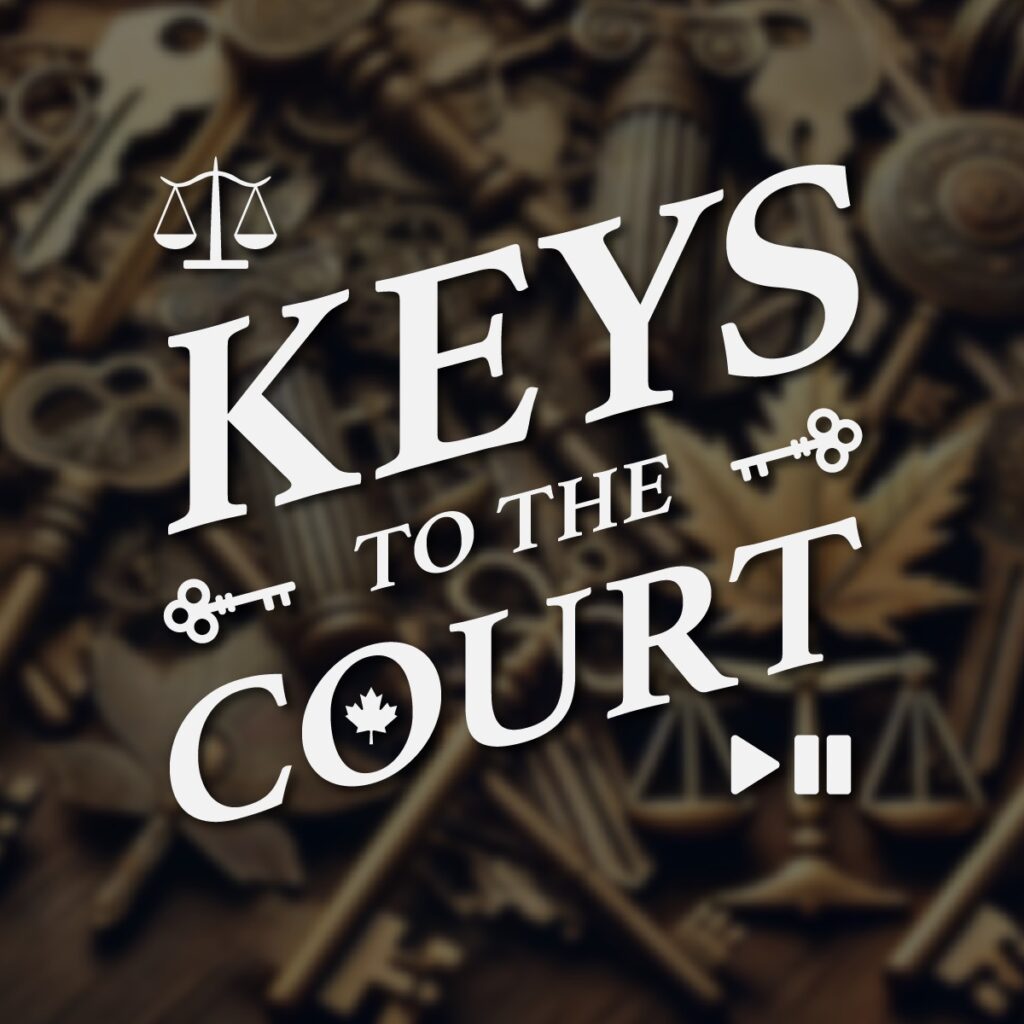
Step inside the Supreme Court of Canada and explore how its decisions directly shape the daily lives of all Canadians. Whether you’re a curious citizen, student, educator, or legal professional, this free Docu-Course gives you the Keys to the Court. You’ll gain an unprecedented peek behind the curtain and unlock a deeper understanding of justice in Canada.
The Supreme Court is the stage for extraordinary human stories. Meet former and current justices, learn directly from lawyers who have argued before the Supreme Court, gain powerful insights from academics who study it, and listen to the stories of litigants whose cases changed Canadian society. Through compelling documentary vignettes, interactive visuals, quizzes, and archival materials, you’ll uncover how the Supreme Court works, why it matters, and how it continues to shape the fabric of our democracy.
A French version of this course is available. You can access it by clicking here / Cliquez ici pour la version française.


Who is this Docu-Course for?
This free online Docu-Course is designed for anyone interested in understanding how the Supreme Court works. It can be navigated independently for personal enrichment or serve as a ready-to-use educational resource to support classroom activities at the high school, college, or university level.

How does it work?
This Docu-Course is divided into thematic modules, each exploring a different dimension of the Supreme Court. Learners are guided through key aspects of the Supreme Court’s workings, history, and legacy through interactive visuals, curated learning content, and documentary interviews with justices, lawyers, academics, and litigants.

What can I learn?
Develop a deeper understanding of the Supreme Court, its structure, processes, and place within Canada’s democratic institutions. Gain insight into landmark cases and pivotal moments in Canadian legal history and analyze how the Supreme Court shapes the law in Canada. Experience the human dimension of the legal process and build critical thinking skills around the role of the courts in our society through firsthand accounts from litigants, lawyers, and judges.

How can I engage my students?
This Docu-Course is a free and flexible educational resource that can easily be integrated into high school, college, or university curricula. Teachers and professors can invite students to explore the full course independently or use selected modules and excerpts in the classroom to support lessons in Canadian history, civics, social studies, political science, Indigenous studies, or law.
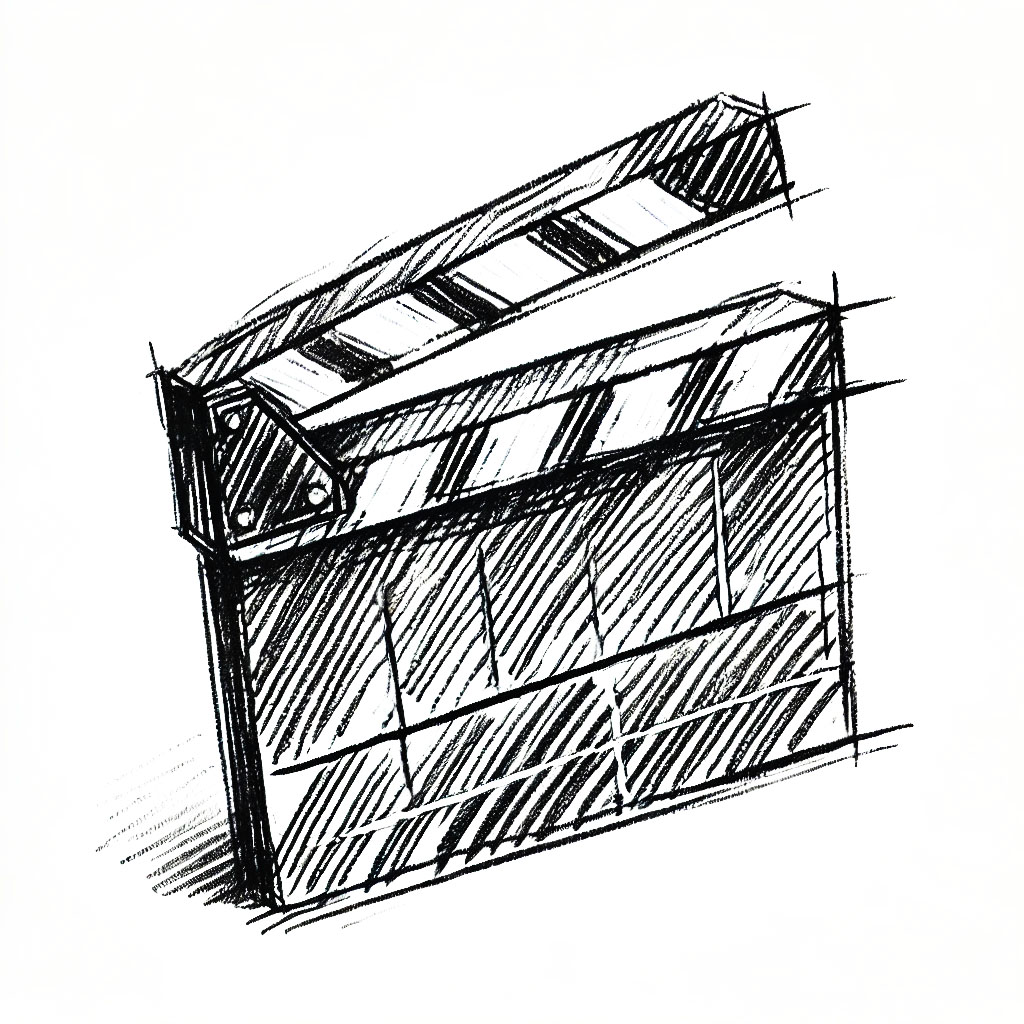
Who is behind this Docu-Course?
We are a team of professors, lawyers, documentary filmmakers, educational technology experts, and students working at the intersection of research, education, and media production. We aim to bring the legal, creative, and academic worlds together to produce educational tools enabling all Canadians to discover Canada’s highest court in an accessible and engaging way.
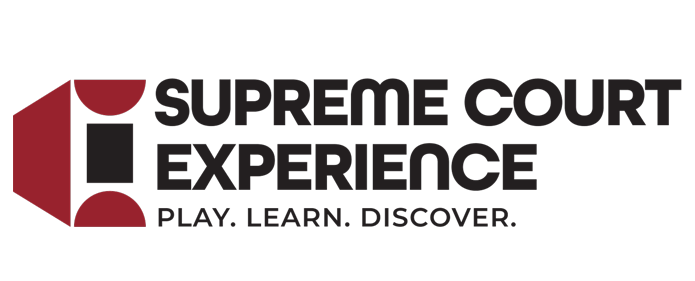
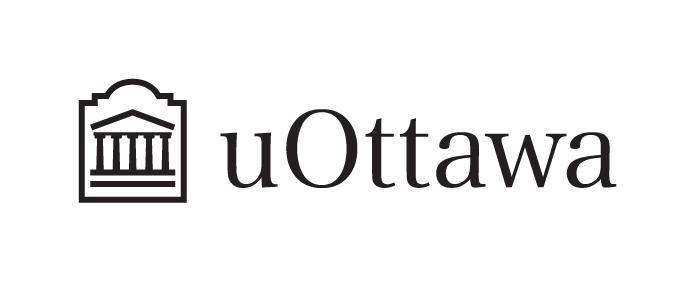
Our Partners
